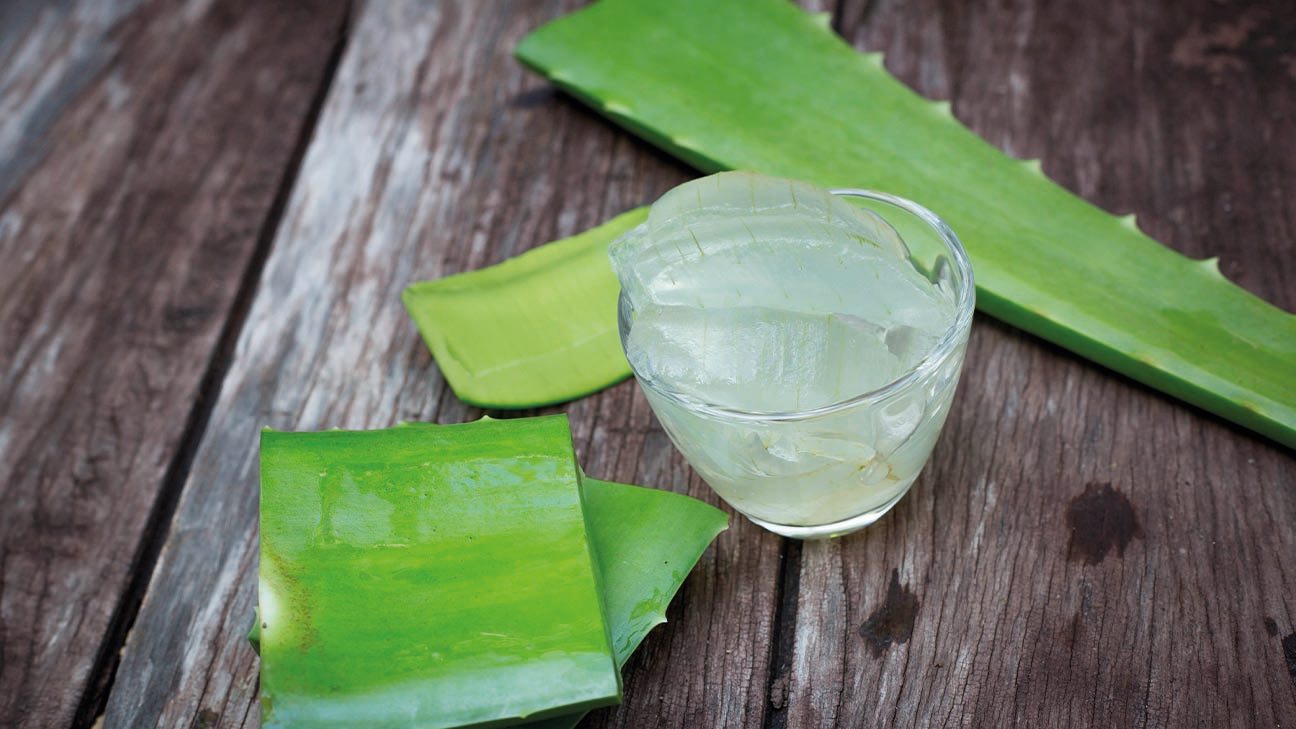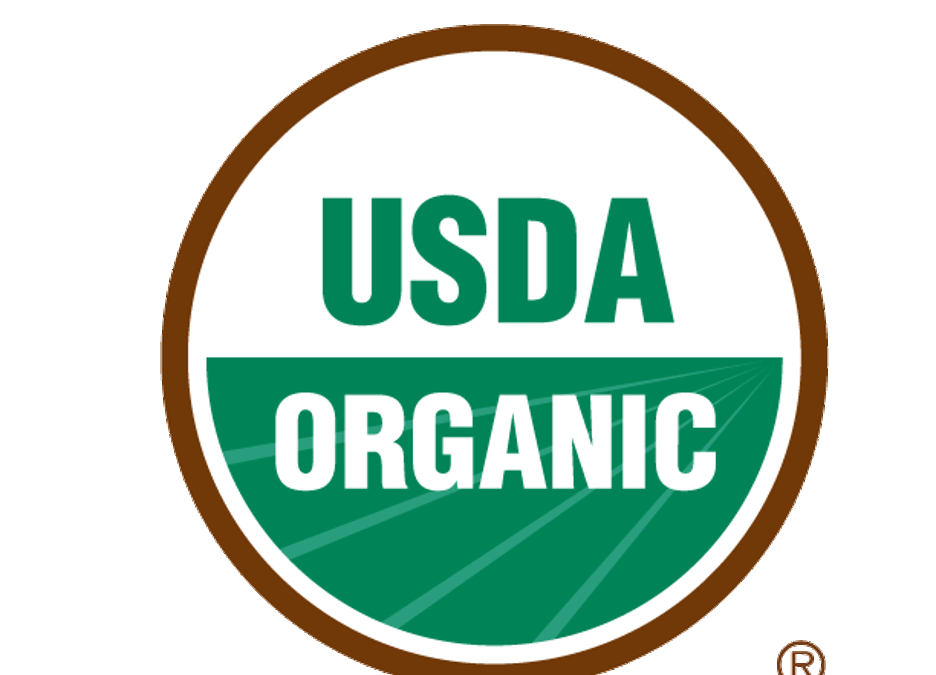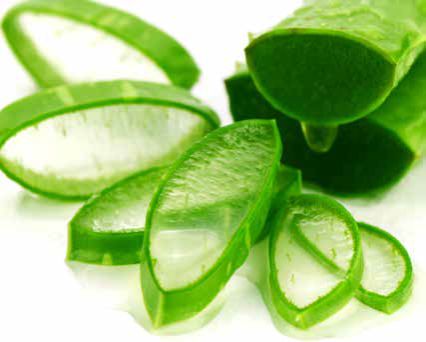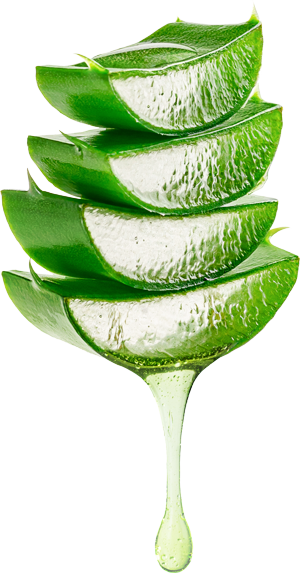Aloe Vera, a specie protected by CITES

The Convention on International Trade in Endangered Species of Wild Fauna and Flora (CITES), signed in 1973, aims to ensure that international trade in specimens of wild animals and plants does not threaten their survival. It accords varying degrees of protection to more than 30 000 species of animals and plants. CITES works by making international trade in specimens of selected species subject to certain controls. These include a licensing system that requires the authorization of the import and (re-)export of species covered by the Convention. The species covered by CITES are listed in three Appendices, granting varying degrees of protection to them.
How CITES works?
CITES works by subjecting international trade in specimens of selected species to certain controls. All import, export, re-export and introduction from the sea of species covered by the Convention has to be authorized through a licensing system. Each Party to the Convention must designate one or more Management Authorities in charge of administering that licensing system and one or more Scientific Authorities to advise them on the effects of trade on the status of the species. The species covered by CITES are listed in three Appendices, according to the degree of protection they need.
Revised Nomenclature for Aloe
The genus Aloe L. comprises +575 species of leaf-succulents native to the flora of the African continent, the Arabian Peninsula, Socotra Island, and Madagascar, as well as the Seychelles, Mascarene and Comoros islands in the Indian Ocean. Several Aloe species occur in the invasive or naturalised flora of the Mediterranean, India, parts of North and South America, the Caribbean and Australia. Like many succulent plants, aloes are collected by enthusiasts and extensively used and traded in horticulture. Unusual and rare species, such as the endemic Madagascan species of Aloe, are particularly valuable. Aloes are culturally important throughout their range. Concerns for their conservation are reflected by local and international protection afforded them.
Aloe (Except the species included in Appendix I. Also excludes Aloe vera, also referenced as Aloe barbadensis which is not included in the Appendices)
All parts and derivatives, except: a) seeds (including seedpods of Orchidaceae), spores and pollen (including pollinia). The exemption does not apply to seeds from Cactaceae spp. exported from Mexico, and to seeds from Beccariophoenix madagascariensis and Neodypsis decaryi exported from Madagascar; b) seedling or tissue cultures obtained in vitro, in solid or liquid media, transported in sterile containers; c) cut flowers of artificially propagated plants; d) fruits, and parts and derivatives thereof, of naturalized or artificially propagated plants of the genus Vanilla (Orchidaceae) and of the family Cactaceae; e) stems, flowers, and parts and derivatives thereof, of naturalized or artificially propagated plants of the genera Opuntia subgenus Opuntia and Selenicereus (Cactaceae); and f) finished products of Euphorbia antisyphilitica packaged and ready for retail trade.
A single species, Aloe vera, is excluded from the CITES Appendices because it is cultivated as a commercial natural product crop and is not known in the wild. There is therefore no perceived risk to the species due to trade.
The proposed amendment to exclude finished products of Aloe from regulation under CITES will facilitate the in-country processing of both primary and secondary extracts from leaf material, thereby promoting the sustainable and efficient use of wild harvested aloe resources whilst simultaneously enhancing benefits to community livelihoods and local economies. The annotation will not hinder effective regulation of the species as the major commodities that dominate the trade and the demand from the wild resource (i.e. raw A. ferox extracts) will remain under strict control.
Latest News

Organic Certification for Aloe Vera
Green and organic is the new trend in many parts of the world. Consumers nowadays are more and more informed and are looking not only tasty but healthy food so they need confidence on the product they are acquiring that´s why we in AMB Wellness are dedicated to satisfy this needs through a combination of Aloe Vera raw materials that fills all what a green customer is looking for and more!

The importance of Fair Trade
Fair Trade is an arrangement about ensuring that workers in a company’s supply chain are being treated and paid fairly where you guarantee that a product was traded in a more ethical way, which supports better working conditions, improves livelihoods, and protects the environment.

Beautiful hands with Aloe Vera
When the weather turns cold, the air dries out, and the body cannot hold onto to moisture. The lack of moisture in the air causes dry skin especially on hands. With this pandemic we are now, that we need to wash ourhands a lot or use hand sanitizer multiple times a day, it is more likely than ever to have dry hands.

